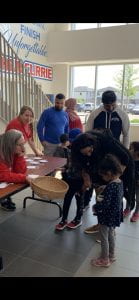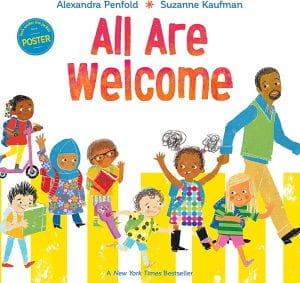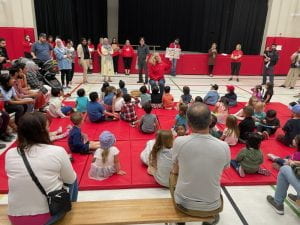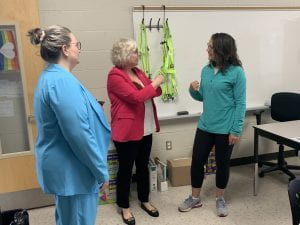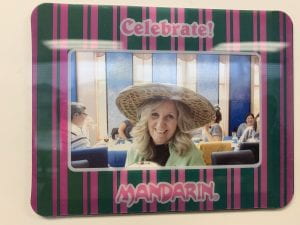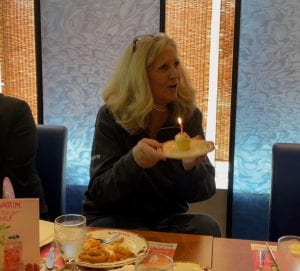“How can I help?” is my usual greeting as I answer my office phone. Most of the time community members begin their communication with us via a member of our welcome team (main office staff) and then one of our secretaries will loop me into the conversation if needed. Other times, when I receive an email and a complex question is asked, I’ve learned that it best to continue the exchange with a phone call instead of creating an intricate email thread. We’ve all been a victim of those email threads that tend to magically take on a meaning and tone, both of which were never initially intended. And on those rare occasions that I’m sitting at my desk, when a call comes in, I do my best to answer it directly. My goal each time is to ensure that whatever question, inquiry, or concern is raised, I do my best to answer it, solve it or at least co-construct a solution/better understanding with the caller.
Although it’s only Tuesday, this week we’ve received an unusually high volume of phone calls. I can’t help but wonder if the warm weather has created the conditions for more of our community members to be outside and enjoying both sunshine and the opportunity to connect with each other. I recall when my own children were younger many of those neighbourhood conversations revolved around the school.
As many of you know, we’ve been in a unique position over the past year and a half as a result of our unprecedented population explosion. Two years ago, we had 1000 students registered at Sir Arthur Currie ~ a school which was built for 525. Our saving grace was that we were still in the midst of COVID so about 15% of our population were online learners, but the trajectory of our population growth was evident, and the Senior Team and our Board of Trustees needed to make a bold decision as we were already at our maximum number of portables allowed on a site ~ seventeen. So, after much consultation with our community, the decision was made to close registration at our school and channel all new families to another school. A school that had open classrooms and could withstand the expected growth that this corner of the city was continuing to exhibit. The Ministry and the Board also committed to building another school, which will be very close to our location, within the next 4 years, which will be wonderful, but in the meantime, our job has been one of supporting new families who are devastated by the news that instead of attending a school that they can see from their backyard, their children will be bussed to another school, until the new school is built.
We’ve become very adept at supporting families, some of whom strongly advocate (which is their job as parents). Most days the front office team can effectively navigate the calls as they trickle in at various times of the year. But for some reason, this week the volume has been high and community members have wanted to connect directly with me.
The rationale (close to 200% capacity) for the decision to modify our registration process has become easy to share ~ we’ve done it so many times and it truly makes sense. But it’s the individual family stories that continue (even 18 months later) to tug at my heart strings. I do my best to let families know that I hear their concern, that I, also, wish that we were in a position to welcome everyone with open arms and that I understand the stress that this is placing on families. None of us want to be in this position.
Early this week, I had a conversation with a parent, wherein they openly and very empathically shared their frustration with the process, with their perceived lack of communication from the Board and with the Ministry (for not funding large enough schools). As the representative of the Board when these phone calls come our way, I’ll admit that there are times when one could take them as personal attack… “Do you know the amount of stress this is causing my family? We have no idea how we’re going to manage this situation. None of this is fair. We just want the very best for our child”.
It has become a significant part of my role and each time I end the conversation, I truly hope that parents know that, as a school, we’re doing everything in our power to help them. We’ve advocated strongly for our newest families and will continue to do so.
But what was different about this call was that at the end of the day, this same parent sent a lovely email apologizing for our exchange and wanting my assurance that I understood that none of her accusations were meant to be a personal attack. My assurance was easy to provide.
I loved that they took the time to reflect and loop back with me ~ It meant a lot.
Sometimes, those “How can I help you?” conversations end with, “I’m glad that I was able to make you smile today”. But there are other times when the only “help” I can offer is a set of listening ears, a sympathetic shoulder, and a commitment to continue to advocate for families.
Any interesting telephone tales?
Come write with me….


